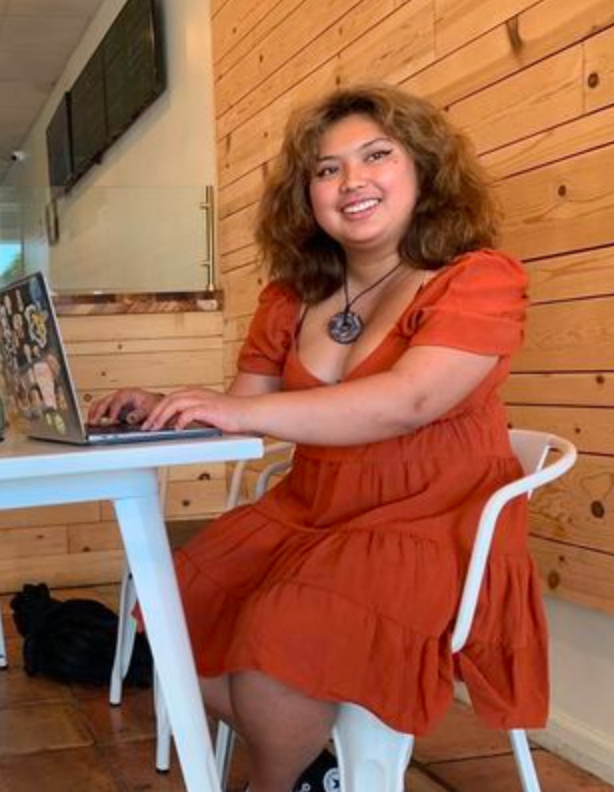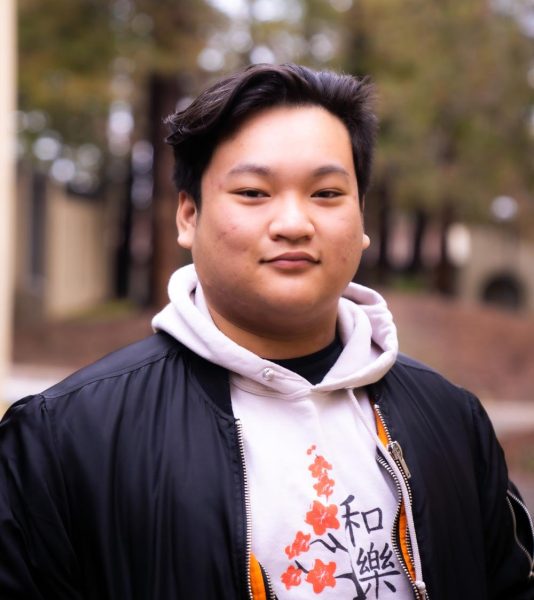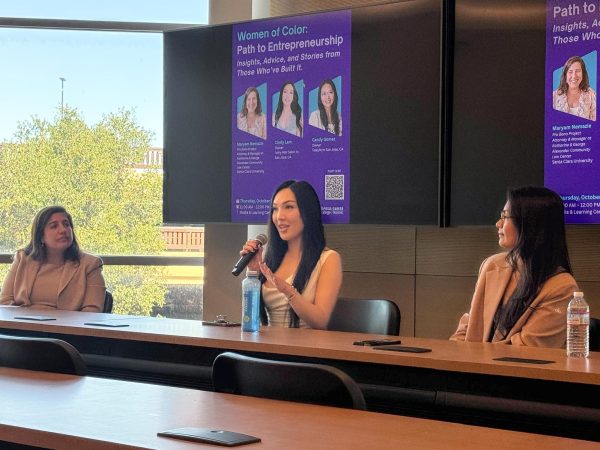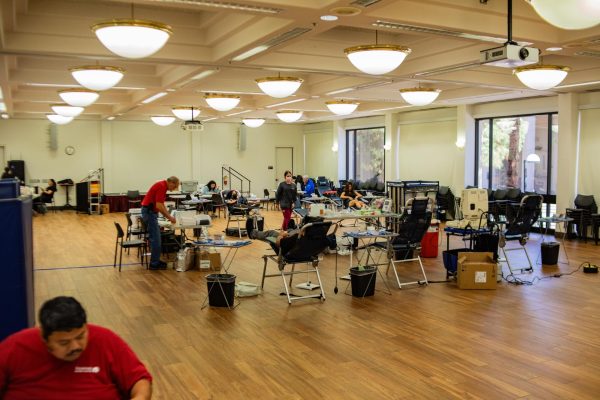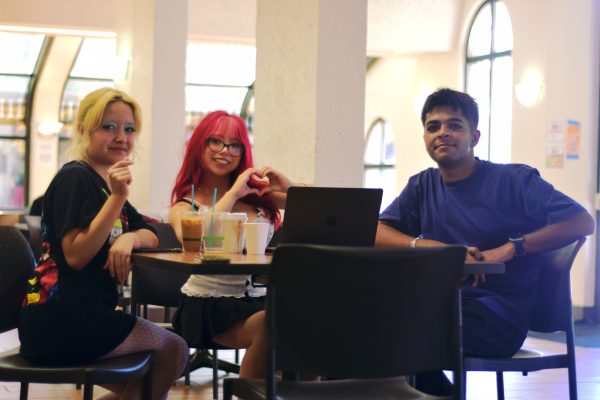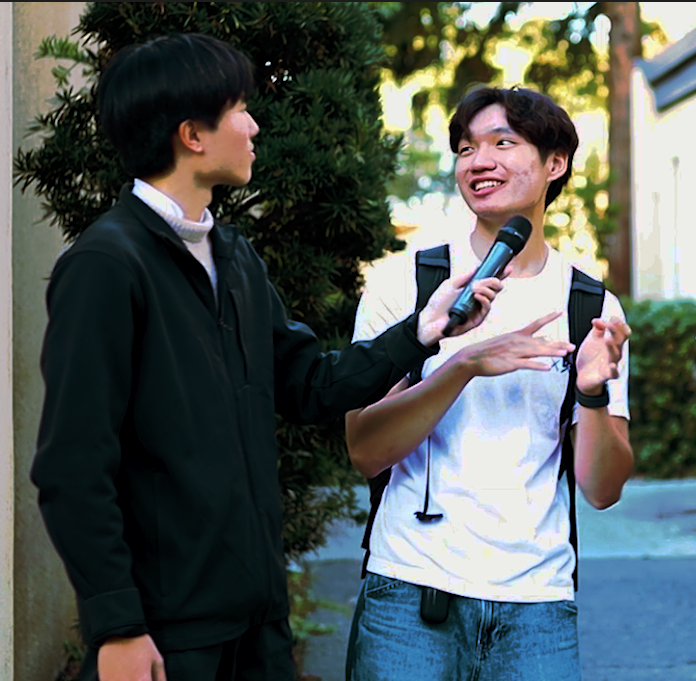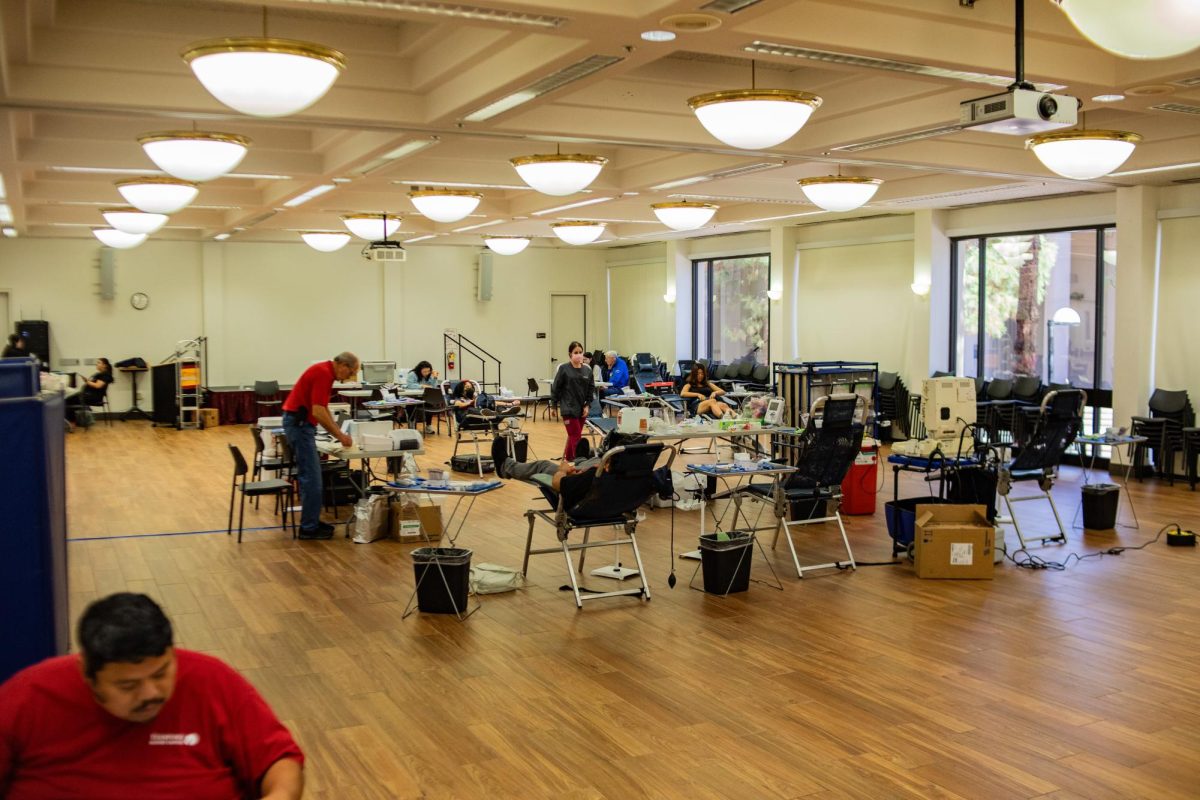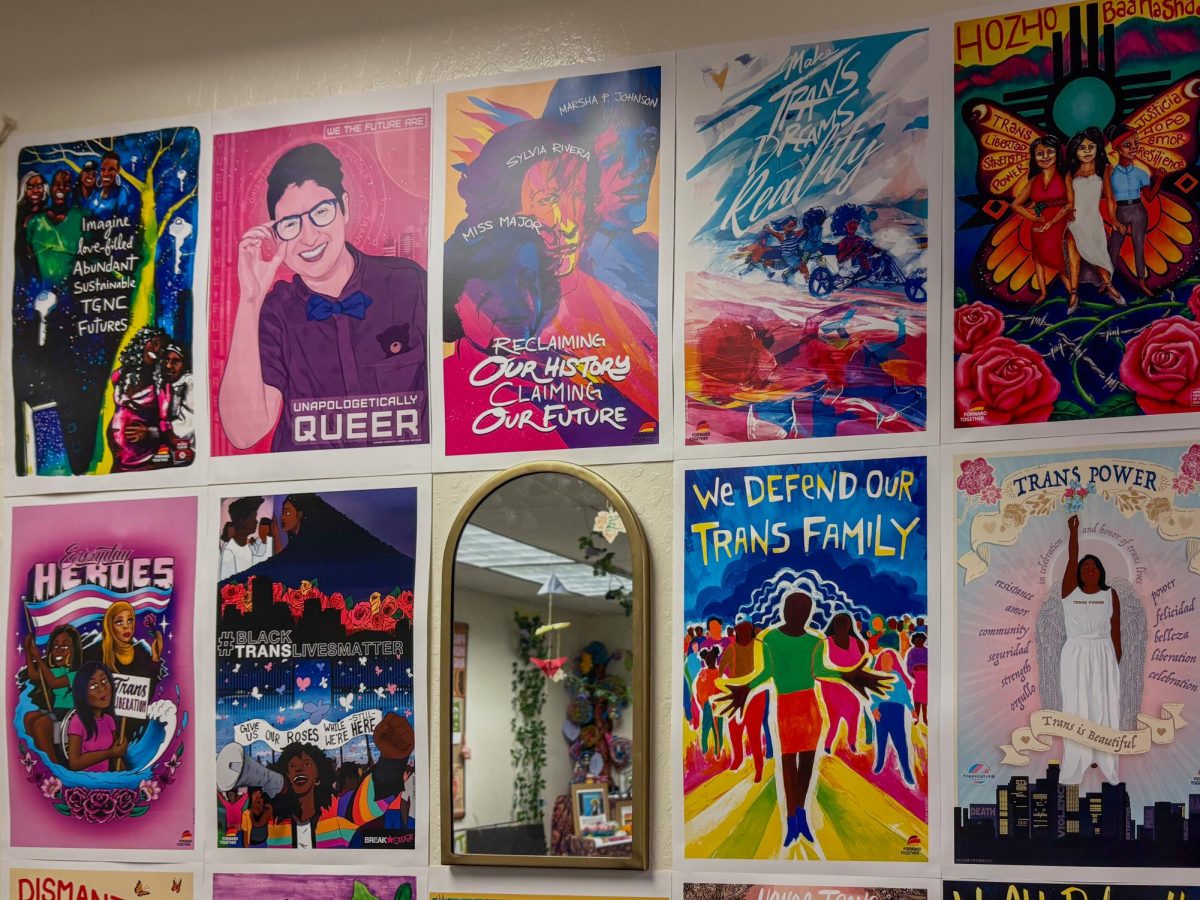College dropout’s second chance
Erica Almira, 20, literature major, works on homework at a Boba Shop in San Jose, California, on June 16.
June 22, 2023
Content warning: This article discusses sensitive issues such as suicide.
When thinking about life at university, many students romanticize what college is like, thinking that it will be easy to socialize, fit in, have freedom from parents and get a new start. However, for some students like Erica Almira, the romanticization of university life turns out to be more difficult than imagined.
Almira, a 20-year-old literature major at De Anza College, dropped out of her classes at the University of California, Santa Cruz for mental health reasons. After her leave of absence, she transferred to De Anza College to continue her college education.
When Almira first went to UCSC in 2021, she moved into the dorms with two other roommates and had her classes primarily online. After a few months, Almira noticed herself becoming isolated, which negatively affected her mental health.
“I felt like I didn’t belong, and people didn’t know me that well,” Almira said. “They talked to me but didn’t know me. That made me feel more lonely because although I was with people, they weren’t close and didn’t care about me as much.”
Almira noticed that her previous declining mental health took an even steeper downhill plunge, nearly hitting rock bottom.
“I noticed that the lonelier I felt in Santa Cruz, the more isolated and gloomy I felt, which made my mental issues start to decline even more,” Almira said.
After enduring months of loneliness, Almira noticed a problem with her financial aid that caused her mother to pay out of pocket. Almira felt guilty about her mom paying so much for her college tuition and attempted suicide by swallowing a handful of her anti-depression pills.
“I ran directly to my resident assistant and told him I swallowed a bunch of pills. I accepted that if I did pass away, it was fine. But I still wanted to try at least to get help. Then, he called an ambulance to take me to the hospital.” Almira said, “The General Hospital is where they took out drugs from my stomach, and then the mental hospital where I stayed for a few days.”
Almira recovered and reached a point of self-safety at the hospital, but not without realizing the mental health system’s damaging effects on patients and had to deal with the system for a whole week before returning to UCSC.
While in the mental health system, some male patients would flirt with Almira, other patients and even other nurses. Not wanting to offend the mentally-ill patients who were flirting, she endured at the expense of her comfort.
“At the mental hospital (people) see me as a young girl, a female they want to flirt with,” Almira said. “I know they were probably in the worst moments of their life too, but it’s weird because there were no boundaries in the hospital.”
Additionally, Almira felt violated as people invaded her personal space and thought of some patients as criminals, not well enough for privacy or time for themselves.
“People were invading my personal space a lot, I don’t blame them, but it always made my stomach drop,” Almira said. “Even in my room, I was under watch constantly and it made me uncomfortable. I could feel their eyes looking at me. It was eerie.”
When she returned to school, reality settled in. The world had continued without her, leaving her to face flunked classes. She then decided to take a gap year in 2021 to focus on herself.
During the gap year, Almira got a job, went to group therapy and transferred to De Anza. Almira reached a better position in life – she was happier, in an area with a support system and could easily socialize with others.
“I took a mental health break from academics and went to group therapy, which helped,” she said. “I realized some people were in (similar situations); they had mental issues and went back to their homes. I felt accepted there.”
After a year, Almira was no longer a threat to her well-being, no longer allowed her mental health problems to define her and was back better than ever.
“I was at the point where I didn’t rely on my therapist anymore,” Almira said. “I’m way better now, being social and back in my support system. So I had previous friends and new friends.”
Through her time at UCSC and the mental health system, Almira learned that life is ever-changing – there is no right way to live and it’s okay to take a step back and walk down a different path, even one you didn’t plan for.
She is now pursuing literature and will graduate from De Anza in 2024.
“Things aren’t always what you expect them to be,” Almira said. And it’s okay if your path isn’t the stereotypical path others take.”
John Pham, a previous La Voz staff reporter, contributed this story as a guest.



